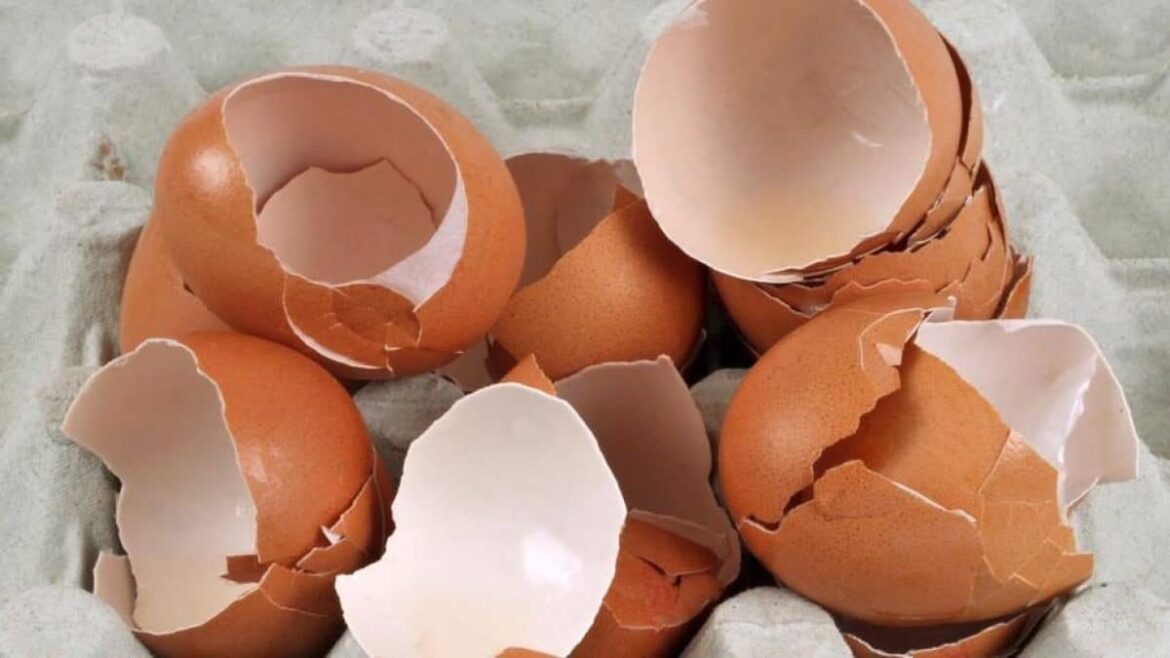661
In principle, it is allowed to dispose of eggshells in organic waste. However, some people claim that the shells should be disposed of in other ways.
Disposing of eggshells in organic waste – what you should know about it
Many people find it difficult to separate their waste correctly. By following a few tips and hints, you will quickly learn which product or food belongs in which bin.
- According to prevailing opinion, eggshells belong in organic waste. So you are not doing anything wrong by disposing of eggshells in organic waste. It is allowed in most regions. Eggshells are biodegradable and can be composted, making them a suitable addition to organic waste.
- However, some voices claim that the eggshells should never be disposed of in organic waste. This is because the eggshells can pose a salmonella risk that can affect all organic waste.
- The probability that salmonella will survive and spread in organic waste is low because the conditions in compost are not normally ideal for salmonella to survive.
- If you want to be particularly careful or even know that the eggshells are contaminated with salmonella, you should dispose of the shells in the residual waste. Then the eggshells are not completely composted and cannot be used as fertilizer, but they also do not pose a salmonella risk.
- In practice, however, this is rarely implemented because the probability of contamination of all organic waste is very low.
- In some regions, the regulations for waste separation may differ. Therefore, it makes sense to check with your local waste collection authority for specific regulations.

